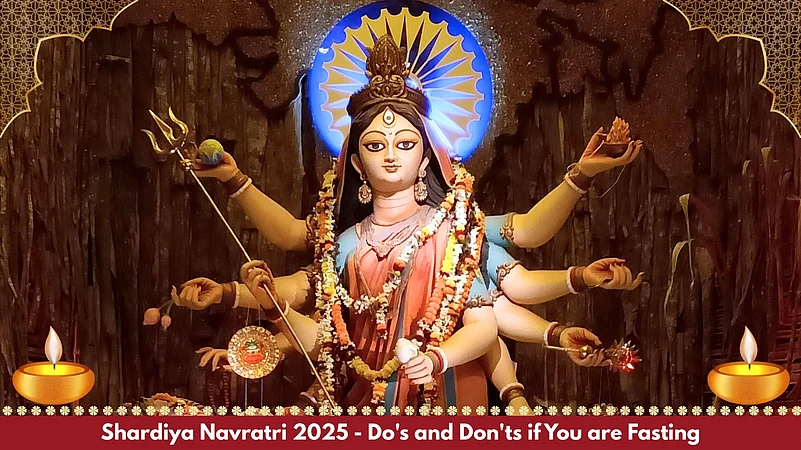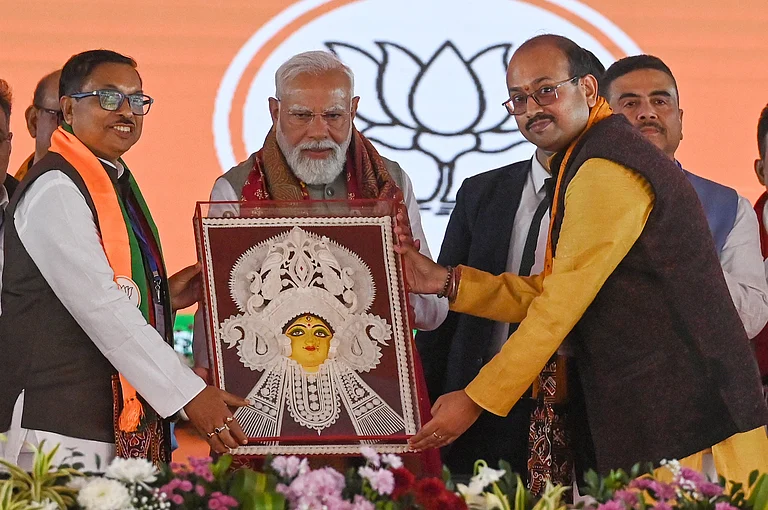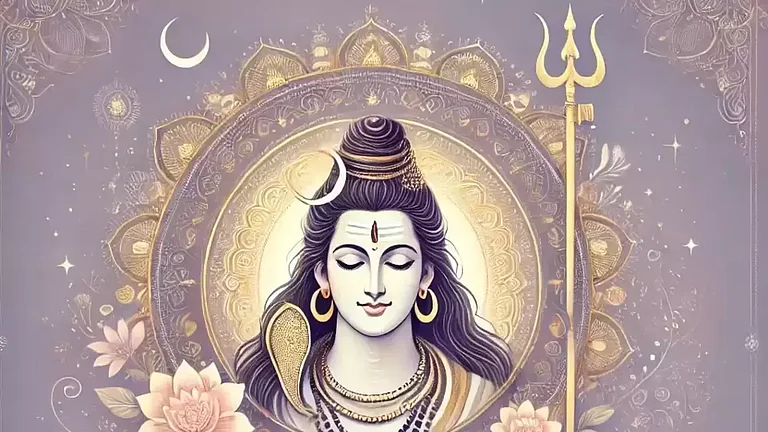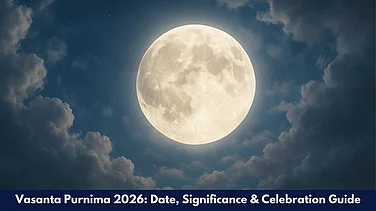Shardiya Navratri is one of the sacred Hindu holidays, and people all over India enjoy it with great devotion and discipline. During this nine-day holiday in the lunar month of Ashwin, people worship Maa Durga in all nine of her forms. In 2025, Shardiya Navratri will take place from September 22 (Monday) to October 1 (Wednesday).
Fasting (vrat) is a big part of Navratri. People do it to clean their minds, bodies, and souls and ask the Goddess to bless them. During Navratri, fasting is more than just not eating. Also covered is the need to lead a sattvic life with moderation. Here are some crucial dos and don'ts of fasting during Navratri to help you get the most out of this spiritual discipline.
Do’s During Navratri Fasting:
1. Start with Ghatasthapana and Sankalp:
Start your fast with Ghatasthapana (Kalash Sthapana) to ask Maa Durga to bless you. Declare in a Sankalp (a vow) that you will fast honestly for nine days. This strengthens your devotion and mental discipline.
2. Consume Sattvic Food:
Follow a sattvic diet that is pure, light, and easy to digest. Allowed foods include:
Fresh fruits, dry fruits, and milk-based items.
Buckwheat flour (kuttu), water chestnut flour (singhara), and amaranth flour (rajgira).
Sama rice (barnyard millet) can be used as a substitute for regular rice.
Rock salt (sendha namak) instead of common salt.
3. Stay Hydrated:
During the day, drink a lot of water, fresh juices, and coconut water. Drinking water during fasting keeps energy levels steady and stops tiredness.
4. Offer Daily Prayers:
Dedicate time every morning and evening for Durga Saptashati recitation, Durga Chalisa, or chanting Navratri mantras. When you do aarti with lamps and incense, you connect spiritually with the Goddess.
5. Practice Moderation:
Eat small, frequent meals rather than overeating at once. Eating moderate portions helps keep energy and devotion up throughout fasting, which is a spiritual discipline.
6. Engage in Charity:
It is thought to be very lucky to help people in need during Navratri. Giving food, clothes, or other necessities to the poor is a good thing to do that makes Maa Durga's benefits grow.
7. Observe Kanya Puja:
On the eighth (Ashtami) or ninth (Navami) day, perform Kanya Puja by worshipping young girls, symbolising the nine forms of Durga. Offer them food, gifts, and blessings for prosperity.
8. Maintain Mental Positivity:
Fasting affects both the body and the mind. Do not get angry, keep your thoughts clean, and learn to forgive and care for others. Practising prayer and meditation can help you stay positive.
Don’ts During Navratri Fasting:
1. Avoid Onion, Garlic, and Non-Vegetarian Food:
Onion, garlic, and non-vegetarian cuisine are classified as tamasic and rajasic, which disrupt mental tranquillity. Sattvic sustenance is the sole focus of Navratri fasting.
2. Do Not Consume Alcohol or Tobacco:
Drinking alcohol, smoking, or using any intoxicants is strictly prohibited. These practices reduce spiritual energy and contradict the sanctity of fasting.
3. Refrain from Grains and Common Salt:
Regular wheat, rice, pulses, and iodised salt should be avoided. Instead, consume Navratri-friendly alternatives like kuttu, singhara, rajgira, sama rice, and sendha namak.
4. Avoid Negative Thoughts and Actions:
Fasting isn't just about watching what you eat; it's also about training your mind and emotions. Stay away from anger, jealousy, rumours, lies, and any other bad behaviour that lowers your vibrations.
5. Do Not Overeat Fried or Heavy Foods:
Although numerous Navratri dishes are fried, such as kuttu puris and sabudana vadas, it is advisable to limit their consumption. Substantial meals may lead to indigestion and fatigue, undermining the objectives of fasting.
6. Don’t Neglect Rest:
The body's metabolism changes when it fasts. Make sure you get enough rest and don't work out too hard.
7. Avoid Breaking Rules Midway:
If you’ve taken a Sankalp for nine days, do not break it casually. If unable to fast for all days, observe fasting on the first and last days at least with full sincerity.
8. Do Not Skip Prayers:
Simply abstaining from food does not fulfil the true meaning of Navratri vrat. Skipping prayers or rituals while fasting reduces the spiritual significance of the observance.
Health and Spiritual Benefits of Navratri Fasting:
Detoxification: Sattvic foods cleanse the digestive system and improve overall health.
Spiritual Upliftment: When you chant and pray regularly, you become more in tune with the divine, and your awareness rises.
Self-Discipline: Fasting teaches control over desires, promoting patience and determination.
Positivity: Finding inner peace and harmony is possible through eliminating destructive habits and engaging in charitable activities.
Shardiya Navratri 2025, from 22nd September to 30th September, is not just a religious festival but also a period of spiritual purification. Fasting during these nine days offers an opportunity to balance body, mind, and soul while seeking Maa Durga’s blessings. The fast is truly observed when the do's are followed, such as eating sattvic food, praying every day, staying hydrated, and doing good deeds, and the don'ts are avoided, such as tamasic food, drugs, overeating, and bad behaviour.
Devotees invite divine power, wealth, and protection into their lives by fasting during Navratri with devotion, discipline, and positivity. This makes the holiday a real celebration of Shakti and spiritual awakening.





























